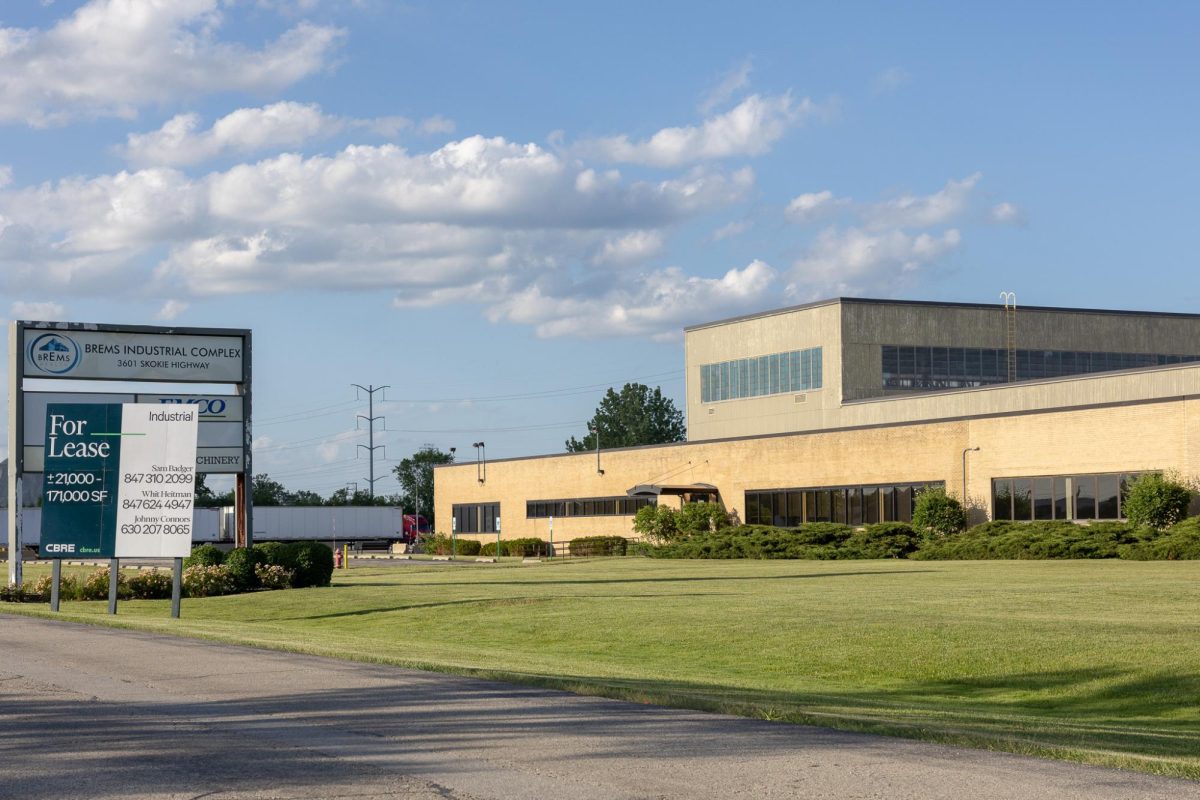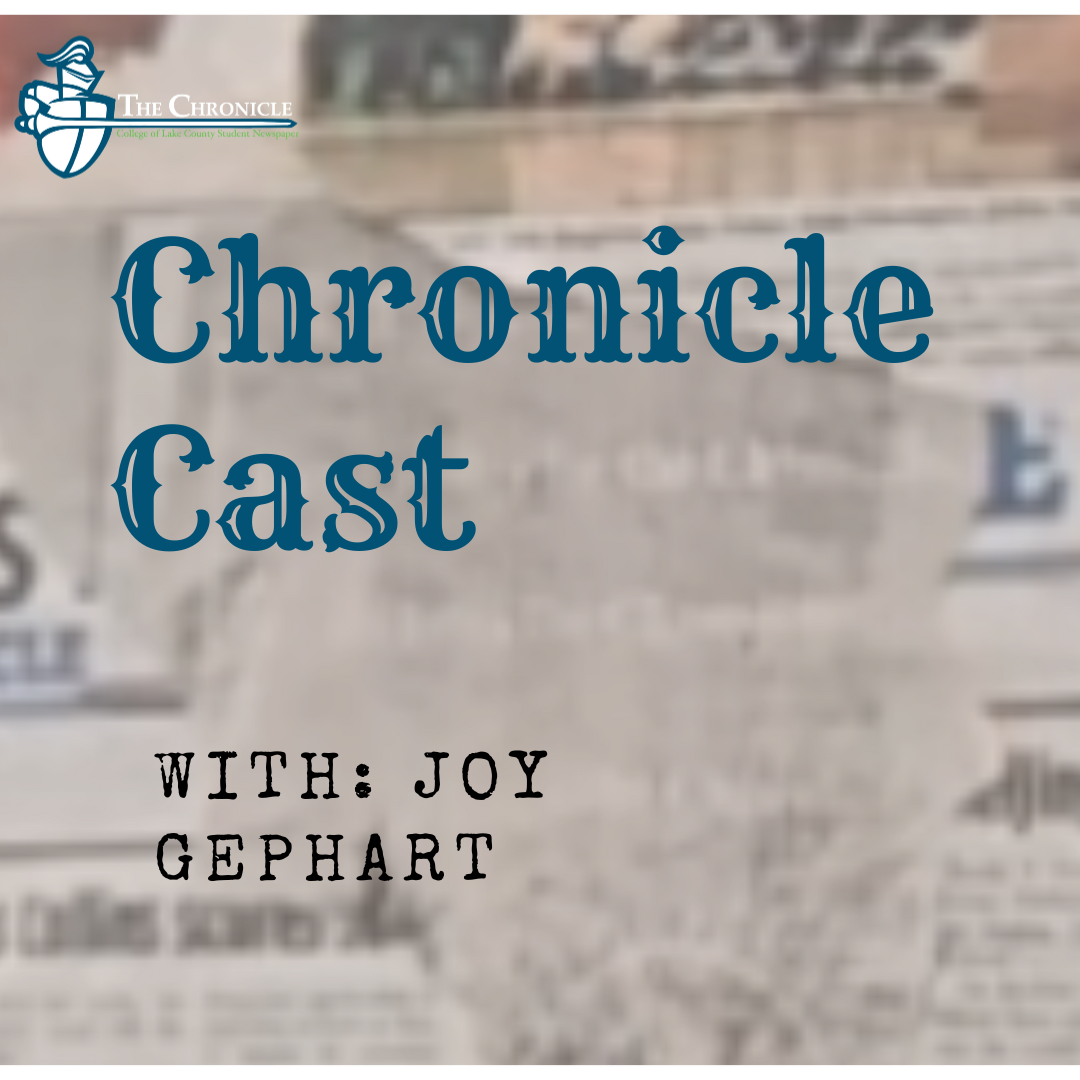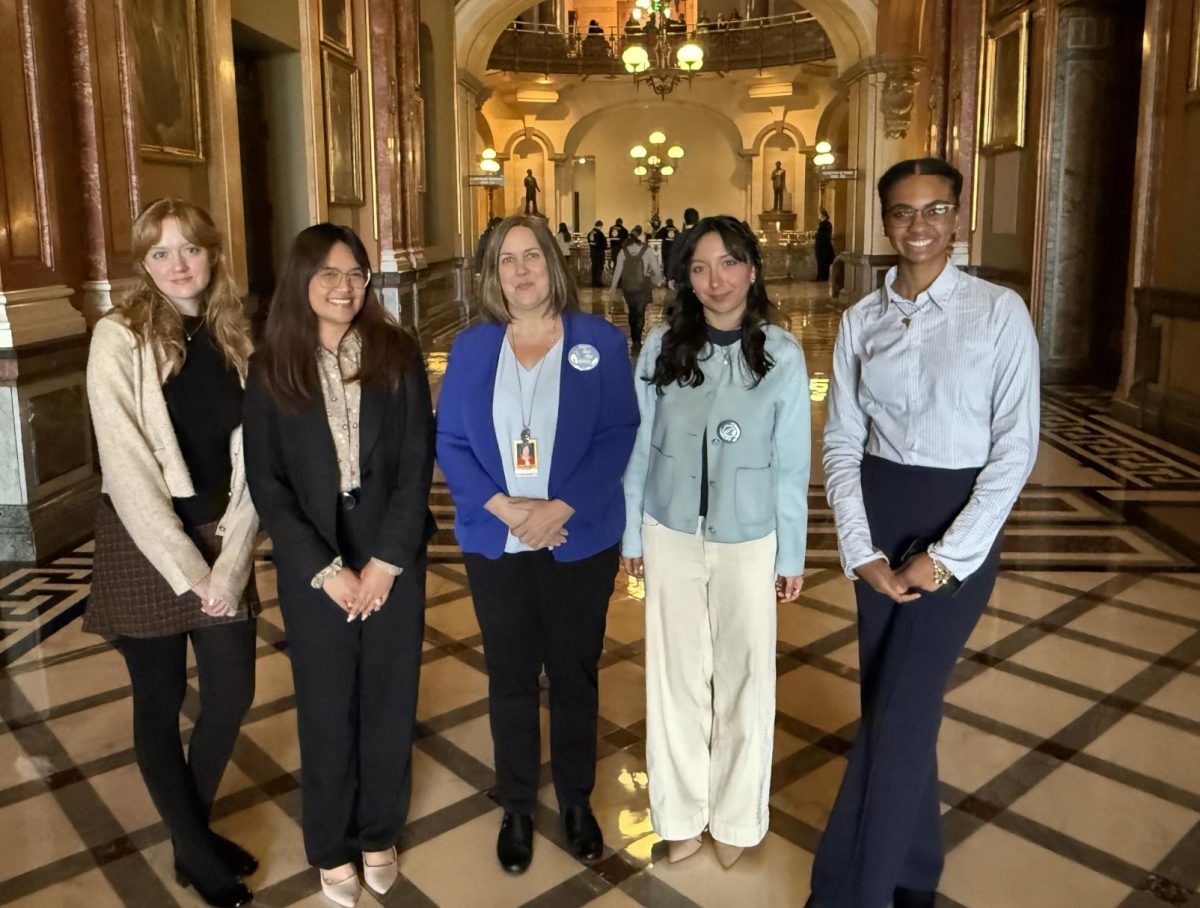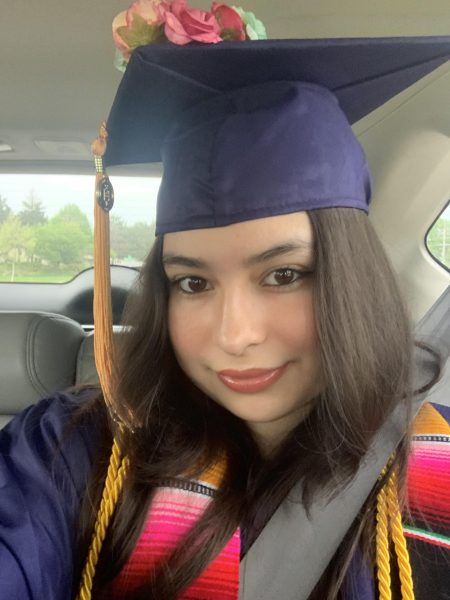“Processing our feelings around the war encourages learning about the war, and to start the healing process,” said Morales when asked about the objective of the email.
On October 20th an email titled, Lancer Community of Care during Global Crisis, was sent out to all students and faculty regarding the Israel-Hamas war. The Diversity Council and the Office of the President co-signed the email.
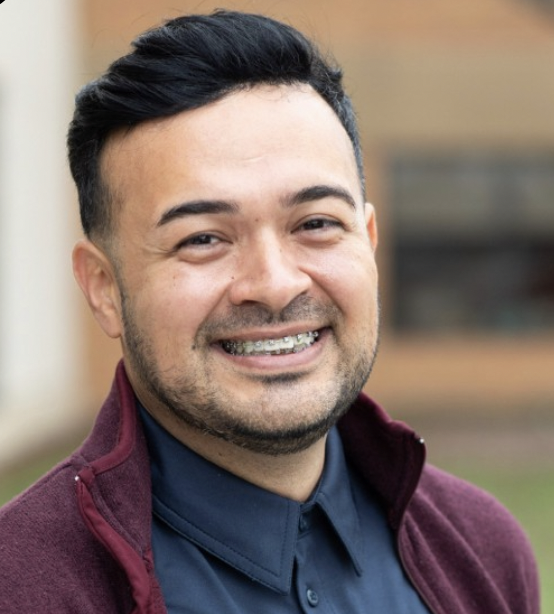
“Anytime there is an incident in our community, in the world, or in the nation that is impacting our students or employees there is always a need to show support,” said Jesse Morales. Morales is the Director of Diversity, Equity, and Inclusion and was a crucial contributor to the email process.
Morales revealed the multitude of departments and discussions that went into sending the email. Global engagement, Derrick Harden, Vice President of Strategy, and Lori Suddick, President of the College, were a few of the composers that were mentioned.
“I do think that there was a lot of thought that went into the message and discussions behind the scenes,” said Morales.
He said how it was never a question of whether they were going to send the message. Since the administration had learned of the war, they knew the importance of sending a message to the employees and students.
When asked if timing was a concern, Morales said that the reason why the message wasn’t sent out sooner was because they were deciding what to include in the message in a way that wouldn’t cause more harm. “I do think that the time that it took to compose the message was just right. We had a couple of discussions on what to include,” said Morales.
Morales said how many revisions were done to the message on what resources to include and how to address the student body and faculty. “We have a practice called Lancer Circles at CLC and it’s a community-building practice and we were discussing whether or not to offer Lancer Circles in this discussion,” said Morales. Ultimately, they decided not to offer Lancer Circles as a resource.
Lancer Circles are discussions that are held where the community can voice their feelings openly. It should be noted that there was a Lancer Circle held for Russia’s attack on Ukraine but not for the Israel-Hamas war.
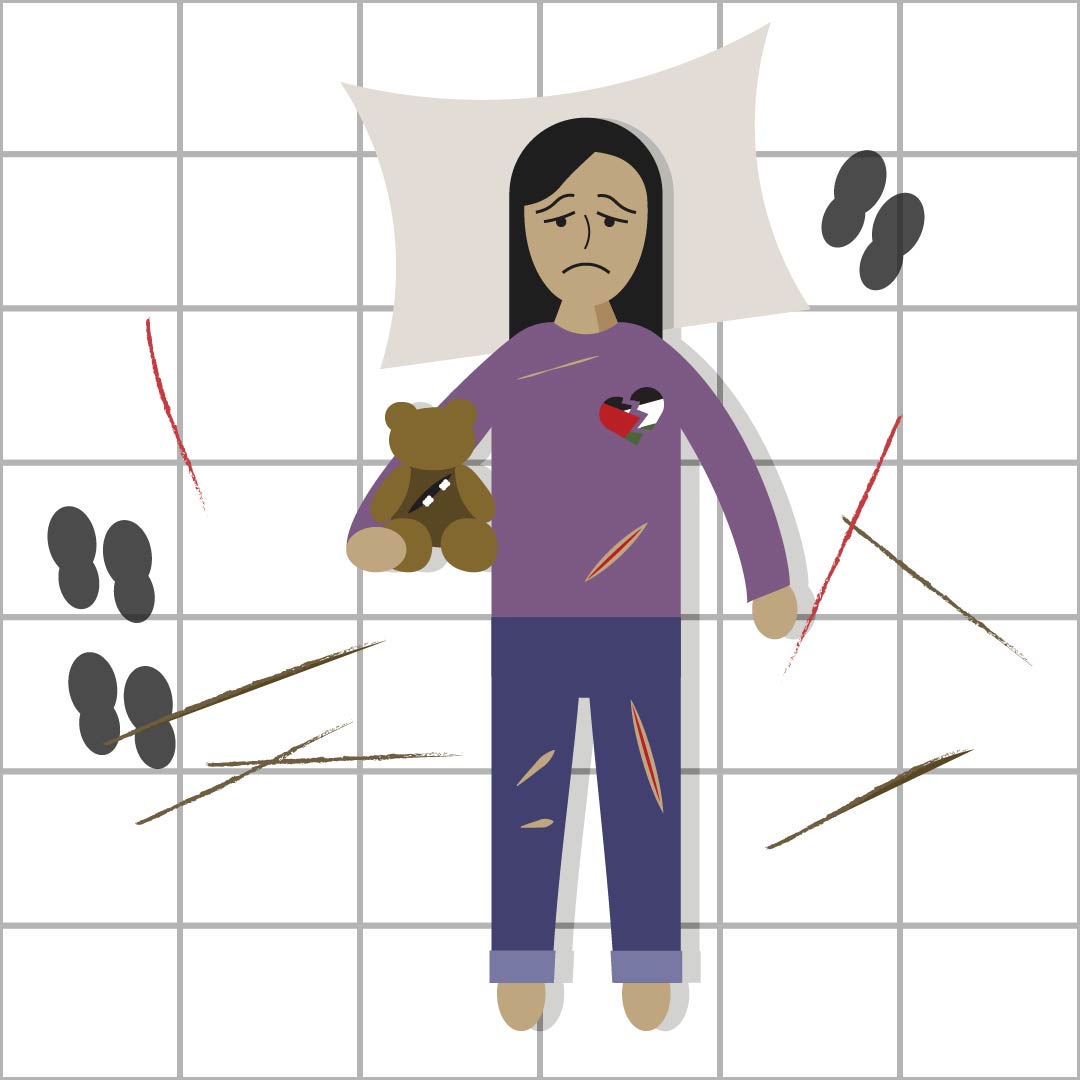
The email stated, As Lancers, we encourage each other to lean on one another, engage in dialogue about the many serious issues facing society, and to move forward in unity. When asked for clarification on whether encouraging dialogue meant that teachers are to be proactive and facilitate discussions, Morales explained “We are talking to faculty, students, employees, and staff members. If you have the opportunity to engage in dialogue to start with the processing of the feelings because of the war.”
Morales said that it can be hard for instructors to initiate a discussion because some feel they don’t have the facilitation skills to do so. However, some instructors do pause their classroom to allow for a conversation and feel confident in doing so.
As the Director of Equity and Inclusion, Morales aims to be a support system and resource that students can go to. He reached out to the student-led club, Muslim Student Association, in order to facilitate a Lancer Circle for the members of the club specifically. Morales stated how there is currently no Jewish organization on campus and how if there had been one he would have reached out.
He also said that he attended open mic-sessions held by the Literary Poet Society on the Grayslake campus. In one of the sessions, he connected with a Palestinian student.
Morales said that he works with students indirectly. A student has requested that the Palestinian flag be added to the Global Community Hall which began the conversation of reevaluating what countries should be added.

The Global Community Hall project was first started eight years ago; it was meant to include the flags of the countries in the United Nations.
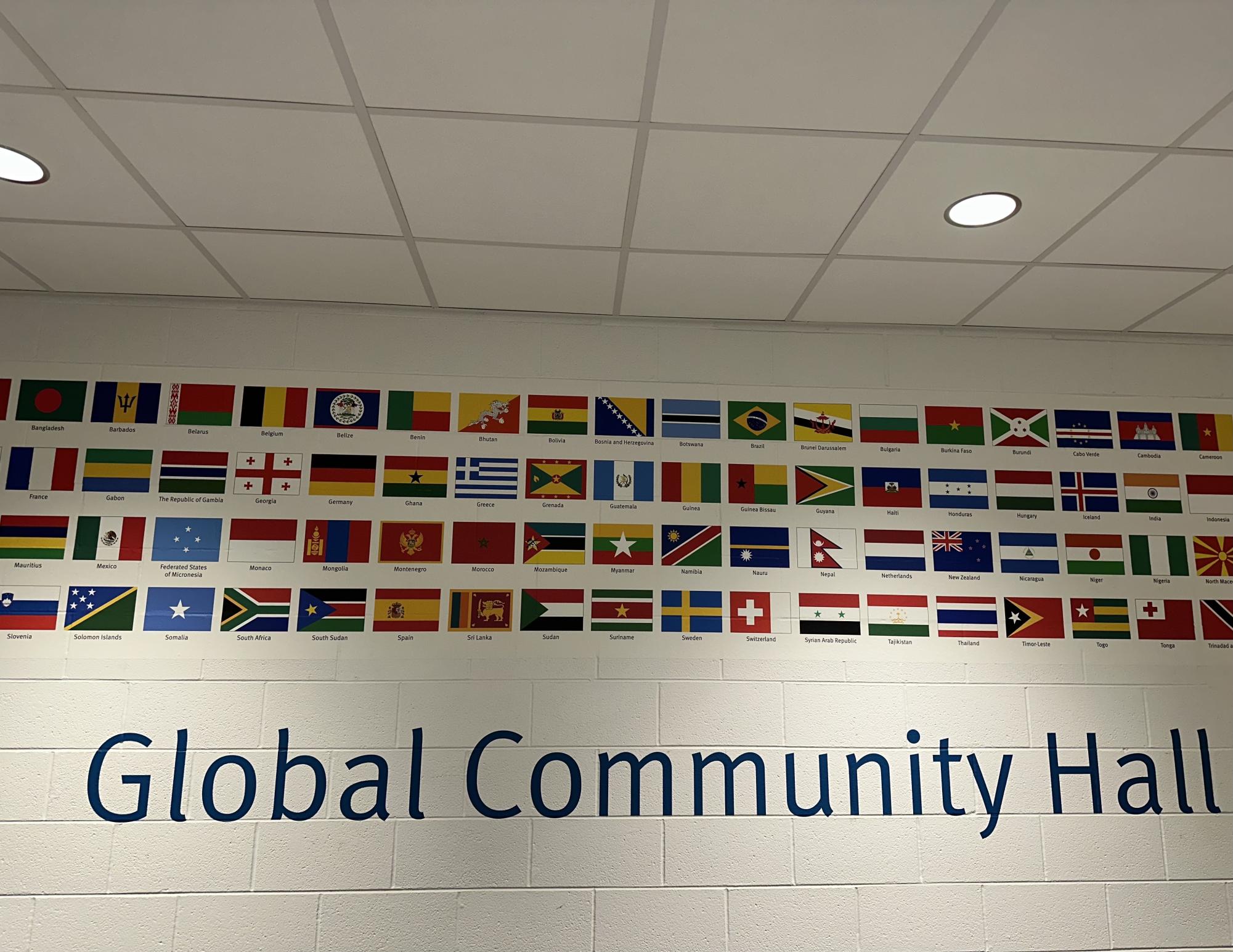
Global Engagement is taking the initiative and leading the project of re-evaluating the countries represented. “I think this is a great time to reevaluate who is represented on the wall,” said Morales.
When asked what the follow-ups from the email look like, Morales said how he is conflicted and finds himself going back and forth. He said how if there are open panels people can come in and participate openly. “Anxiety is high, tensions are high, and people have strong emotions around it. It’s very easy for a space to be polarized or politized,” said Morales.
In the email, the only resources that were highlighted were CAPS and the employee assistance program. Morales said how this was done on purpose as they were unsure as to what sources to include because there could still be a bias in the sources. However, Morales mentioned that it would be a great opportunity to reconnect with Palestinian students on sources if there were to be a list later on.
In the spaces that Morales has spoken in, he encouraged others to look at different sources from different news outlets. “If we are looking at just U.S sources there’s a bias there, if we are looking at just Palestinian news outlets there is a bias there as well,” said Morales.
“To be well informed of all perspectives we need to make sure we are absorbing different news outlets, media, and information sources,” said Morales.
When asked if there has been a disconnect between students and employees, Morales said, “I do think that there are sometimes that people don’t see the message and I don’t know if that’s a disconnect because the communication is happening. It’s more of an engagement concern.”

Morales also said that the email was the only message that was sent out and no other alternative methods were used to promote the message.
When asked if there have been any obstacles that can hinder the relay of the message, Morales stated “We have not used any social media accounts to communicate the Israel-Hamas message.”
“It’s a discussion we certainly need to have because there are other institutions and organizations that use their social media and their public websites to show support which is something that CLC currently does not do. If you go onto our web page and you look up Israel-Hamas or Israel-Gaza or Israel-Palestinian nothing will come up,” said Morales.

